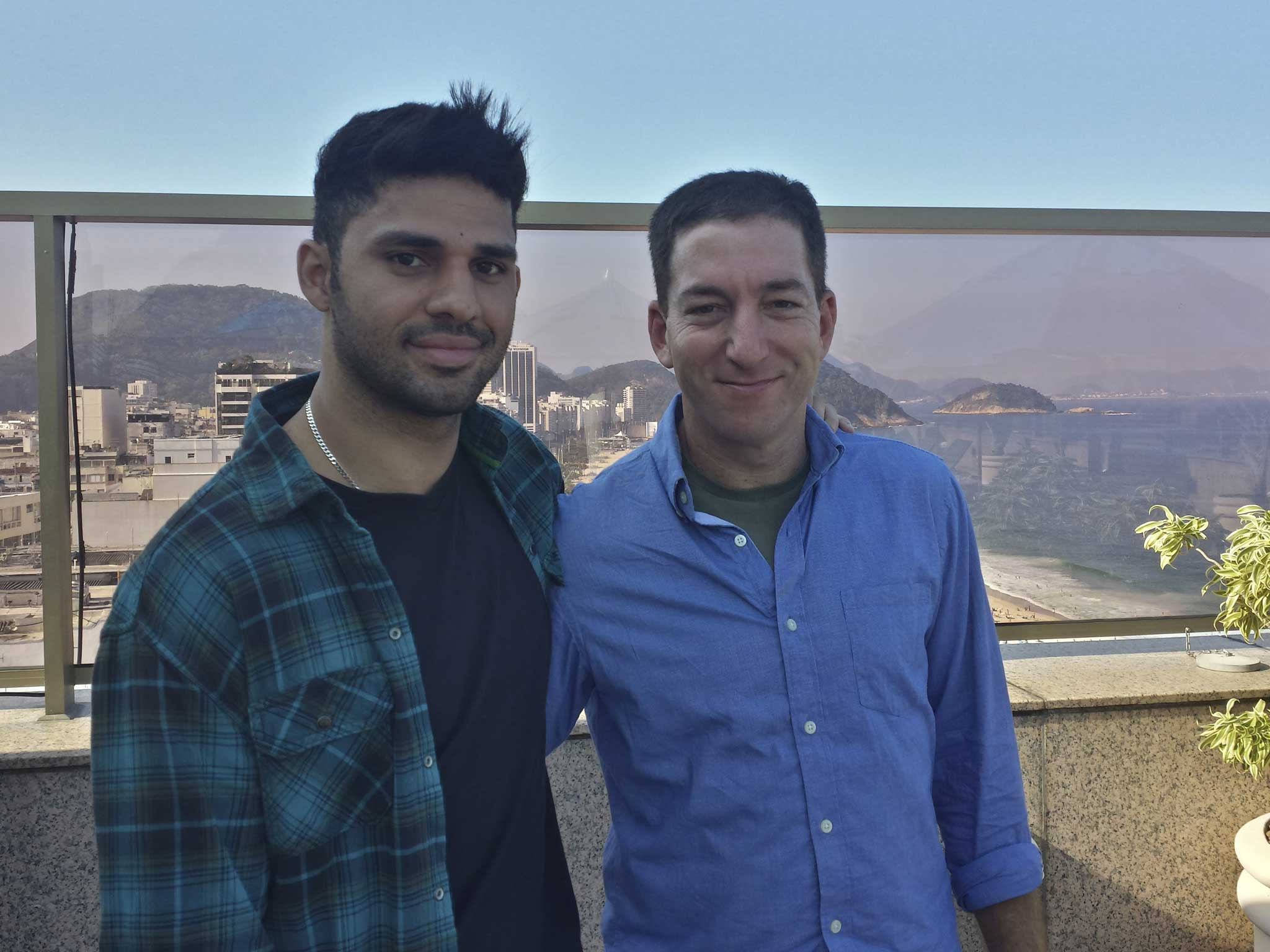The Only Way is Ethics: The Government’s attempt to ‘balance’ competing rights is slightly off-kilter
Last week The Independent revealed that the police had used powers under the Terrorism Act to seize the computer of a BBC journalist who had been communicating with British-born jihadis fighting in Syria


We all value our rights, right? But the paradox is that the rights we value are not always compatible with one another. Privacy doesn’t always sit easily with freedom of expression; security occasionally impinges on our fundamental liberty from state intrusion. No wonder so many lawyers can make careers in the pursuit of establishing where the balance between competing rights and freedoms should lie.
The incumbent Government has a funny old relationship with this subject. It isn’t much keen on the primacy of European judges over national courts, concerned that Britain is at the mercy of legal bods who don’t understand our culture. This explains the current consultation on a possible Bill of Rights, which the Government hopes will replace the Human Rights Act, though it remains to be seen how such a move would affect the UK’s relationship with the Council of Europe and its institutions. Remember, this is nothing to do with the European Union.
Naturally, the Government is keen to get the media onside and is on a charm offensive, declaring that the new measures will enshrine press freedom in law, as if this is enough to ensure no objections from the pens of sceptical journalists. Of course, there will be a bunch of other rights which have the potential to limit media freedoms – fair enough, up to a point. Yet it is hard to shake the feeling that the state is presently not as fond of a free press as it likes to proclaim.
Last week The Independent revealed that the police had used powers under the Terrorism Act to seize the computer of a BBC journalist who had been communicating with British-born jihadis fighting in Syria. This is the same legislation used by the authorities to detain David Miranda at Heathrow airport in 2013 as he was carrying encrypted material for his partner, Guardian journalist Glenn Greenwald. Another law, the Regulation of Investigatory Powers Act, was used by police to obtain the phone records of The Sun’s political editor, Tom Newton Dunn, during the investigation of the Plebgate affair. In that case, the police had been able to act without a court order. It subsequently emerged that the practice was systematic, with journalists not even informed that details about their telephone contacts were being examined. Changes to the law at least mean police now require the permission of a judge before they act.
The police and the Government will say all of this activity is necessary to protect citizens from terrorism or other criminal activity – those pesky competing rights again. But over on the other side of the playing field is an attempt to unpick the Freedom of Information Act, a tool by which all citizens can hold public authorities to account. Journalists have used it to uncover a wide variety of important information, from MPs’ expenses to the fact that UK military personnel were involved in air strikes in Syria. But Chris Grayling, the leader of the House of Commons, said the Act has been “misused” by the media because it has become a “research tool” for “generating stories”. This, apparently, is “unacceptable”.
Media morals are not spotless: journalists must work ethically, and cannot be above the law. But, equally, they are a special case, precisely because part of their role is holding the state to account. Legislation which imperils their sources or impounds their equipment – allied to attempts to restrict laws which empower journalistic research – suggest that the Government’s idea of balance is something which in the end we should all be worried about. Am I right, or am I right?
Will Gore is Deputy Managing Editor of ‘The Independent’, ‘i’, ‘Independent on Sunday’ and the ‘Evening Standard’

Join our commenting forum
Join thought-provoking conversations, follow other Independent readers and see their replies